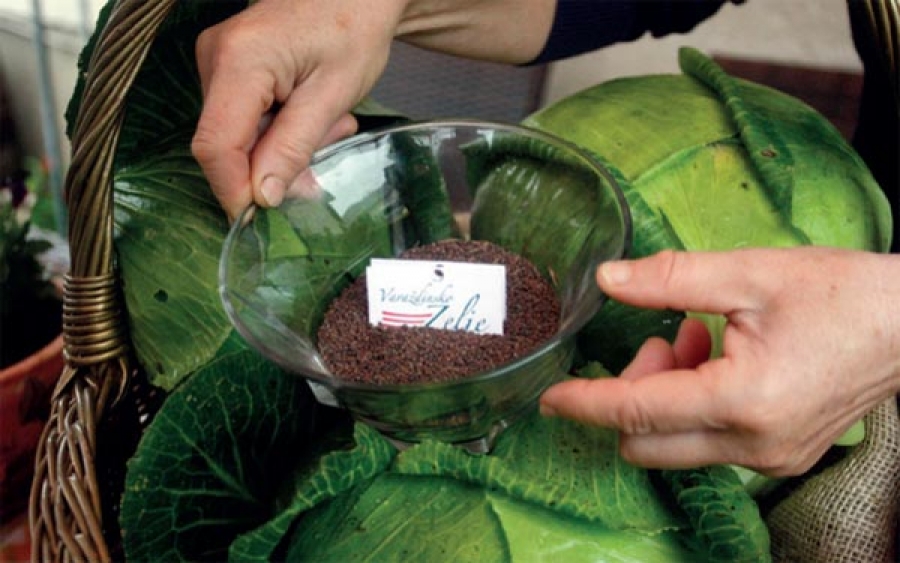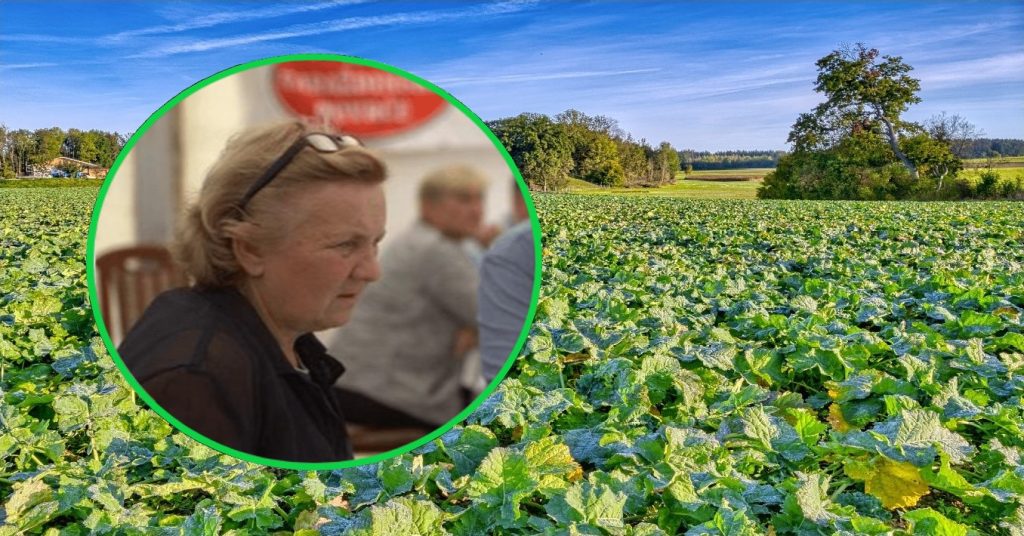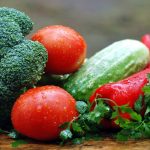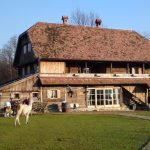Inexpensive and packed with nutrients and vitamins C + K, the humble cabbage is a staple part of the Croatian diet. One of its most famous varieties is Varazdin cabbage (Varaždinsko zelje), which is protected at a European level as distinct in coming from its point of origin.
Varazdin cabbage’s successful entry into European protection is in no way thanks to the efforts of Varazdin resident Marija Cafuk, who is the custodian of Varazdin cabbage seeds and the only person in Croatia who is licensed to sell them. For her efforts, she has now been shortlisted by the European Association of Agricultural Producers Copa Cogeca for the award of Most Innovative Woman in European agriculture.
According to Copa Cogeca, the award aims to highlight the contribution that women make to rural development and the development of new models of food production in the context of climate change and environmental protection.
“Of course, I was pleasantly surprised by the nomination, which I think is a recognition of the long struggle to preserve our Varazdin cabbage seeds in conditions when we lost the last companies that were engaged in seed production and (had to) depend on imports,” Mrs. Cafuk told journalist Zlatko Simic in a recent interview with Jutarnji List. “You know how many conditions we had to meet in order for our seeds to be on the variety list! Let the EU see that there are people in our country who want to preserve their indigenous varieties for future generations.”
The latter part of her comment to the journalist refers to the proposed changes in seed registration laws that are looming on the horizon at both a national and an EU level. Small producers and family farms in Croatia are concerned about the loss of traditional seed varieties and their abilities to grow from them under the conditions of the changes in legislation.
 Varazdin cabbage (Varaždinsko zelje) and its seeds © Varazdin County Tourist Board
Varazdin cabbage (Varaždinsko zelje) and its seeds © Varazdin County Tourist Board
“The problem is not only in paying the large costs we have in controlling the sowing of our certified seeds,” Mrs. Cafuk told the journalist, expanding on the matter of the changing seed laws, “but also in increasing the costs we may have if we had to deliver all the seeds we produce for processing, as (will be) required by law.”
Mrs. Cafuk told the journalist she hopes that the ongoing and popular protests and petitions of associations that keep domestic seeds will lead to a positive outcome in regards to the proposed national changes. Of course, she was speaking on behalf of seed custodians and small producers all over Croatia. Having attained its European protection already, Varazdin cabbage and Mrs Cafuk’s enterprises are already safe.
Varazdin cabbage is one of two kinds of Croatian cabbage protected by the EU
There are in fact two types of Croatian cabbage protected at the European level – Varazdin cabbage and cabbage from Ogulin. But, whereas Varazdin cabbage is protected in its raw, unprocessed form, the cabbage from Ogulin is protected as a product after its fermentation (it is made into what is sometimes called sauerkraut).
In 2015, when the application was made to European authorities to protect Varazdin cabbage, a notice of opposition was lodged from nearby Slovenia. Slovenia had added new cabbage varieties to its national variety register in 2012 under the names ‘Varazdinsko 2’ and ‘Varazdinsko 3′. Varazdin is a centuries-old town in northern Croatia.
The notice of opposition was discounted. The EU office responsible for protecting new varieties did not consider Varazdinsko 2 and Varazdinsko 3 to be appropriate names, as they suggested a link to a geographical area with which they had no direct connection and to that extent were confusing to consumers. With this impasse of international cabbage recognition finally overcome, Varazdin cabbage was granted its European protection.











